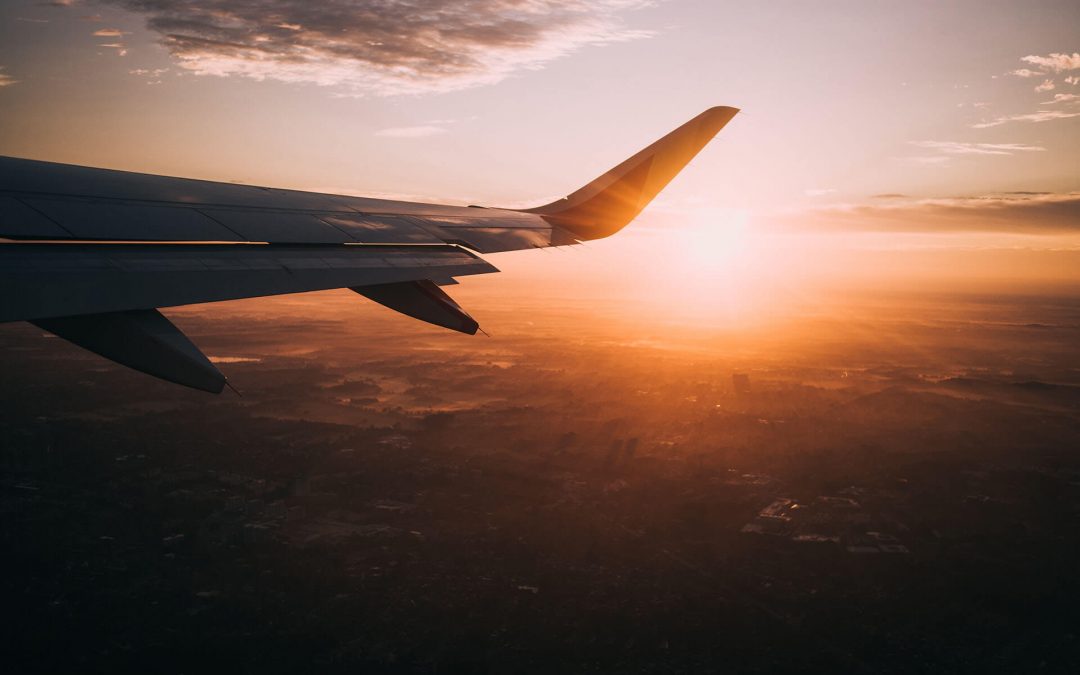The COVID-19 crisis quickly brought the travel and tourism industry to a virtual standstill, as steep drops in demand forced unprecedented capacity adjustments by airlines, cruise lines, hotels, railways, etc. But when the inevitable recovery comes — perhaps in months, although it may take longer — this industry will confront a problem that few have ever faced: setting prices and generating revenue from scratch. The immediate reaction to this drop in the market can be an urge to drop your rates, but this is not something we would recommend you do. Including an automated revenue management system can be one of the smartest investments towards the hotel’s reopening.
Automated revenue management – necessary or a whim?
Lockdowns and slow business have forced hotels around the world to cut costs and slim down operations. This has led many hoteliers to evaluate their hotel tech stack to embrace automation and innovative technology to solve the aforementioned problem.
In a study by Cornell University in the aftermath of the 2008 financial crisis, hoteliers and hospitality industry players cited “Rate resistance, Contract Renegotiation, Price Wars and, Competition” to be the top 4 most essential factors of revenue management from now on.
We have summarized the three main issues hoteliers will be facing going forward without an innovative AI-empowered automated revenue management system.
Three issues hoteliers will face in revenue management strategies.
First, historical price elasticities are misleading; the data underpinning them came from a travel and tourism world that no longer exists in a post-COVID industry.
Second, revenue managers and analysts often optimize prices with a bias toward volume. If applied to the current situation, this tendency could trigger a race to the bottom that would harm revenue and price positions even more, with a long-term effect on rate integrity when prices return to normal.
Finally, the algorithms used by more simple revenue management systems tend to drop prices when demand declines to stimulate demand. That is fruitless when there is no demand to stimulate.
Proactivity in setting the prices and using technology give hoteliers a competitive edge
Companies that can move the fastest and remain the most flexible in understanding and adapting to these new conditions have the potential to gain significant market share and secure their positions. Amidst the extreme levels of uncertainty and volatility, hoteliers are finding automated revenue management systems integral to their recovery and fundamental in the future of hospitality.
Wyatt Niblett-Wilson Marketing Coordinator – Pricepoint

